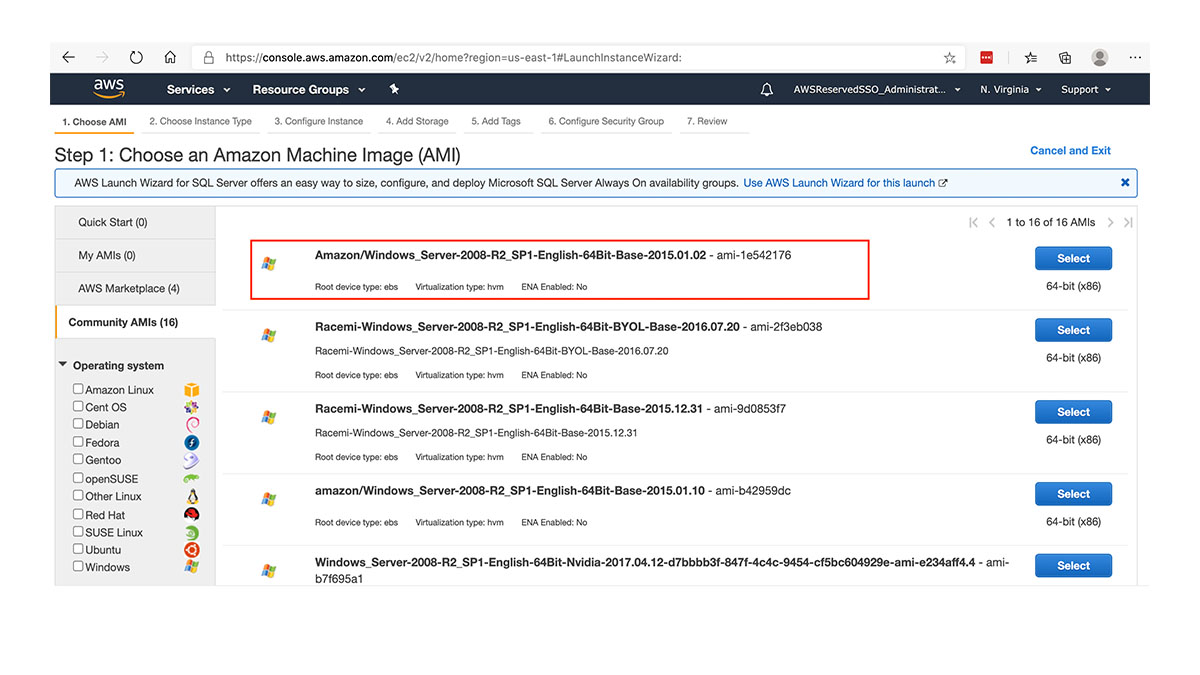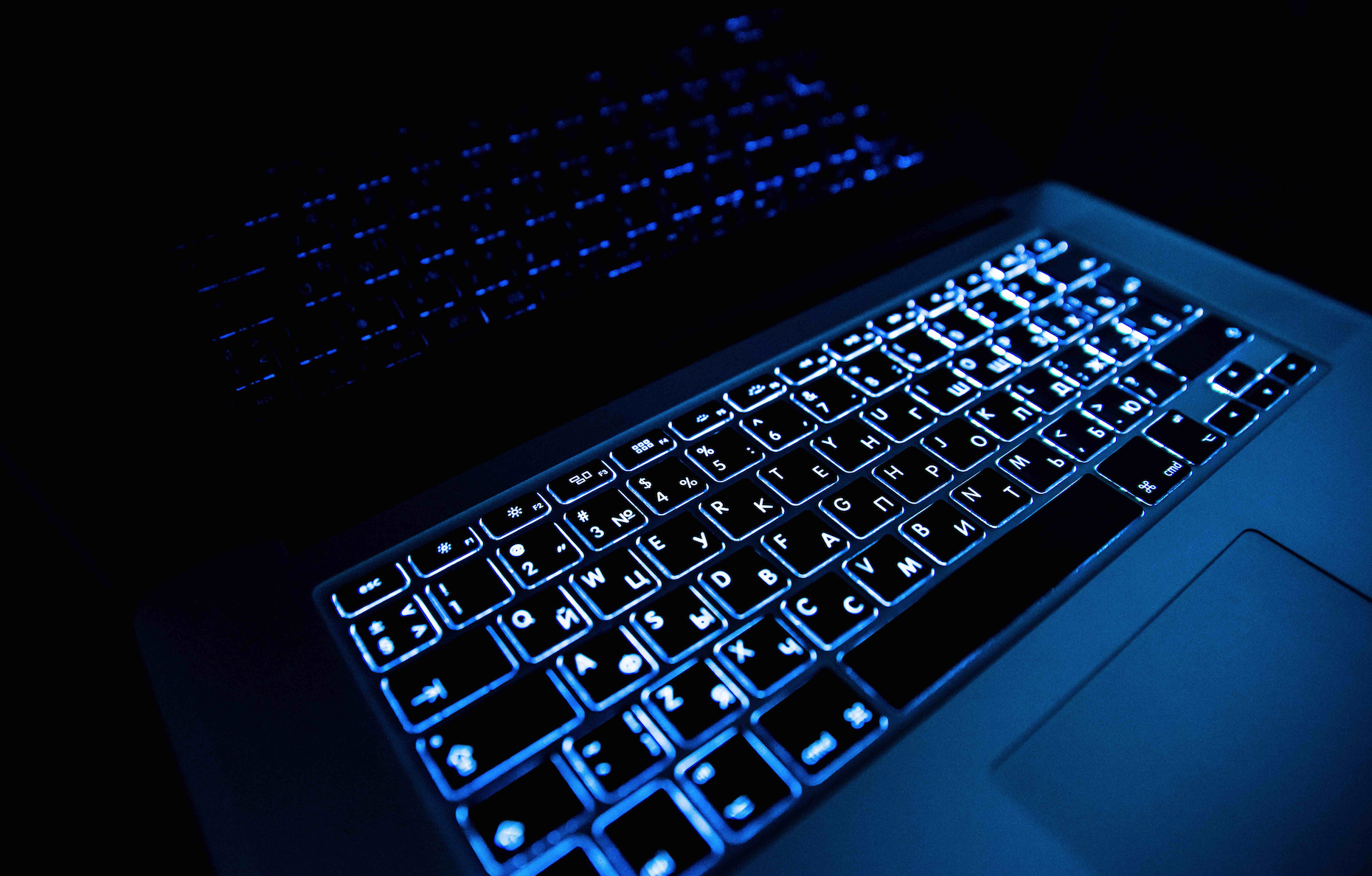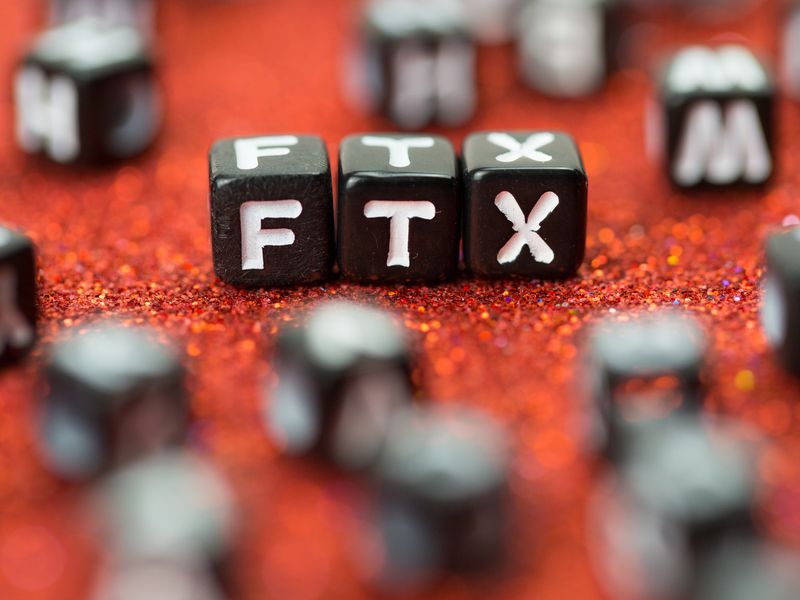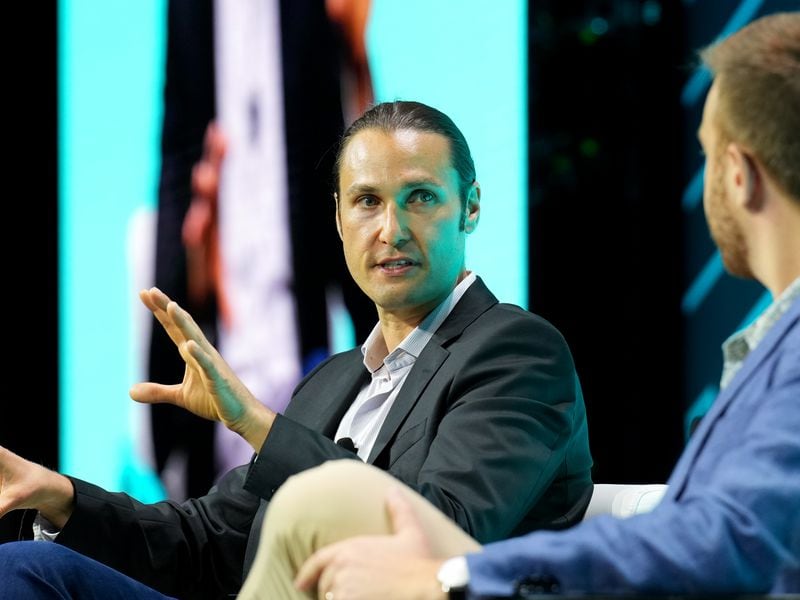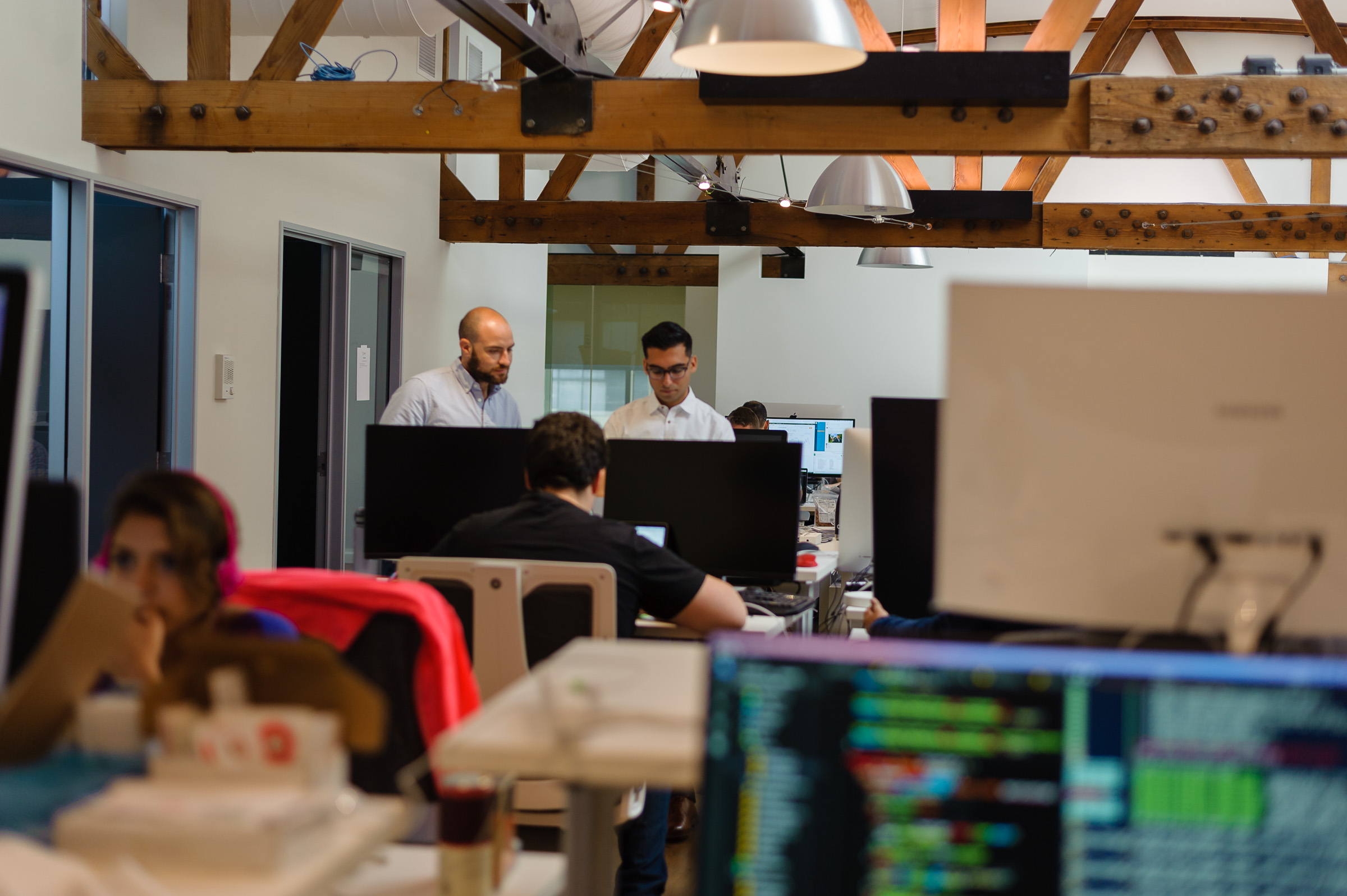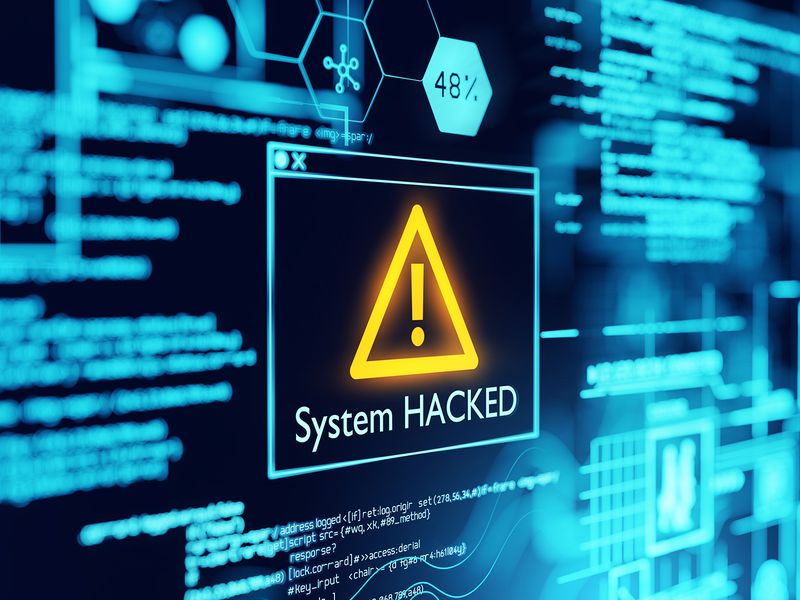California Leads the Way as U.S. Federal, State Agencies Consider Blockchain’s Applications: Bank of America
Daniel Alegre
CEO
Yuga Labs
Hear from Yuga Labs new CEO in his first public appearance since assuming the position.
Daniel Alegre
CEO
Yuga Labs
Hear from Yuga Labs new CEO in his first public appearance since assuming the position.
:format(jpg)/downloads.coindesk.com/arc/failsafe/user/1x1.png)
Will Canny is CoinDesk’s finance reporter.
Daniel Alegre
CEO
Yuga Labs
Hear from Yuga Labs new CEO in his first public appearance since assuming the position.
Daniel Alegre
CEO
Yuga Labs
Hear from Yuga Labs new CEO in his first public appearance since assuming the position.
The California Department of Motor Vehicles (DMV) tokenization project is an example of how companies and U.S. state and federal agencies are using blockchain-based solutions to drive efficiencies and lower costs, Bank of America (BAC) said in a research report Thursday.
The department plans to revolutionize its vehicle title and transfer management system by tokenizing the more than 14 million automobiles registered in the state. It will issue vehicle titles as non-fungible-tokens (NFTs) with ownership recorded on a private version of the Tezos blockchain. NFTs are digital assets that represent ownership of virtual or physical items that can be sold or traded.
“Tokenization of vehicle titles could also enable fractionalized vehicle ownership, allow holders to pledge vehicle-title NFTs as collateral in the real world or within decentralized finance (DeFi) protocols and increase liquidity on vehicle marketplaces,” analysts Alkesh Shah and Andrew Moss wrote.
Bank of America says the project may cut the process of issuing and transferring vehicle titles from weeks to minutes, allow for more secure ownership transfer through smart-contract enabled escrow accounts, decrease fraudulent activity and encourage automation to lower costs.
The project is seen as a first step with the potential for additional functionality, the note said. These may include the ability to record repairs within the NFT, to use stablecoins as the payment leg for “atomic title transfers” and allow vehicle-licensing agencies from other states to join the platform so they can benefit from the same efficiencies as well as producing incremental efficiencies related to cross-state vehicle sales.
The bank notes that other federal and state agencies are also looking at blockchain-based solutions. These include the Federal Emergency Management Agency (FEMA), the Department of Homeland Security and the California Department of Food and Agriculture.
Edited by Sheldon Reback.
DISCLOSURE
Please note that our
privacy policy,
terms of use,
cookies,
and
do not sell my personal information
has been updated
.
The leader in news and information on cryptocurrency, digital assets and the future of money, CoinDesk is a media outlet that strives for the highest journalistic standards and abides by a
strict set of editorial policies.
CoinDesk is an independent operating subsidiary of
Digital Currency Group,
which invests in
cryptocurrencies
and blockchain
startups.
As part of their compensation, certain CoinDesk employees, including editorial employees, may receive exposure to DCG equity in the form of
stock appreciation rights,
which vest over a multi-year period. CoinDesk journalists are not allowed to purchase stock outright in DCG
.
:format(jpg)/downloads.coindesk.com/arc/failsafe/user/1x1.png)
Will Canny is CoinDesk’s finance reporter.
Learn more about Consensus 2023, CoinDesk’s longest-running and most influential event that brings together all sides of crypto, blockchain and Web3. Head to consensus.coindesk.com to register and buy your pass now.
:format(jpg)/downloads.coindesk.com/arc/failsafe/user/1x1.png)
Will Canny is CoinDesk’s finance reporter.

